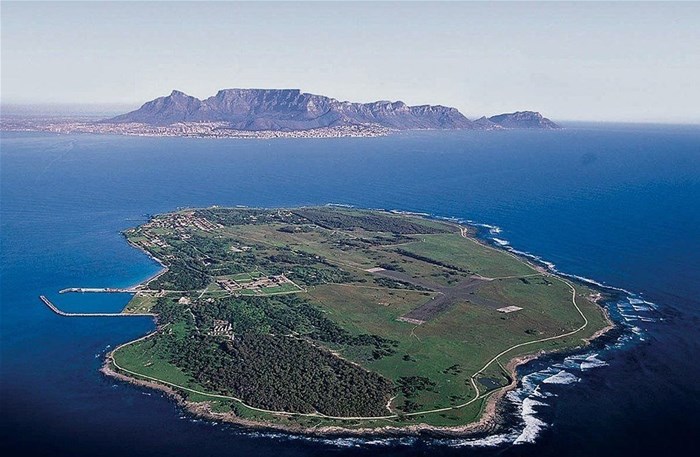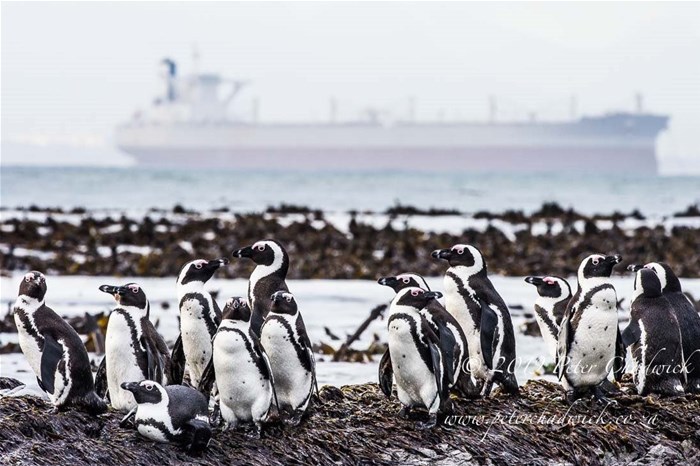SanParks is set to commence with a consultative process on the Table Mountain National Park’s Robben Island Marine Protected Area (MPA). The public is encouraged to actively participate and enhance the process by providing input on the draft Management Plan for the Marine Protected Area.
The Robben Island Marine Protected Area (MPA) is one of three new MPAs within South African National Parks (SanParks) which were gazetted by the Department of Forestry, Fisheries and the Environment (DFFE) on 23 May 2019. This declaration was the culmination of many years of work by the South African National Biodiversity Institute (SANBI), SanParks, Ezemvelo KZN Wildlife and the DFFE. These MPAs came into effect on 1 August 2019.
The plan will inform the development and management of the MPA from its current to an envisaged future form. It details the biophysical context, desired state, zonation, and programmes at strategic and operational levels.
MPAs increase the conservation footprint of South Africa and contribute to the safeguarding of our oceans, islands, and coastal habitats. They also serve to protect threatened species such as penguins whilst rebuilding overexploited species such as line fish, abalone, and rock lobster.
As part of the engagement process, three public information sessions that are two in-person and one virtual will be held in mid-February with interested and affected parties. During the information sessions, participants will have the opportunity to provide input/comment on the draft Robben Island MPA Management Plan which was drafted after workshops with stakeholders and SanParks staff last year.
SanParks is calling upon all the relevant stakeholders, interested and affected parties, authorities, and the public to participate in this process. The industry body will soon publish the arrangements for the public meetings and relevant contact details.
Robben Island MPA
The purpose of the Robben Island MPA is:
• To contribute to a national, regional and global representative system of marine protected areas by conserving and protecting coastal, island and offshore benthic and pelagic ecosystems in this region, including threatened ecosystem types.
• To conserve and protect the biodiversity and the ecological processes associated with these ecosystems.
• To contribute to the conservation and protection of threatened seabird and shorebird species including African penguins, Bank and Cape cormorants.
• To facilitate species management by supporting fisheries recovery and enhanced species abundance in adjacent areas for west coast rock lobster, abalone and other over-exploited species.
• To protect an area of significant cultural heritage, contributing to the tourism value of a South African National Heritage Site and World Heritage Site.
• To protect and provide an appropriate environment for research and monitoring and to promote and contribute to environmental education.
































